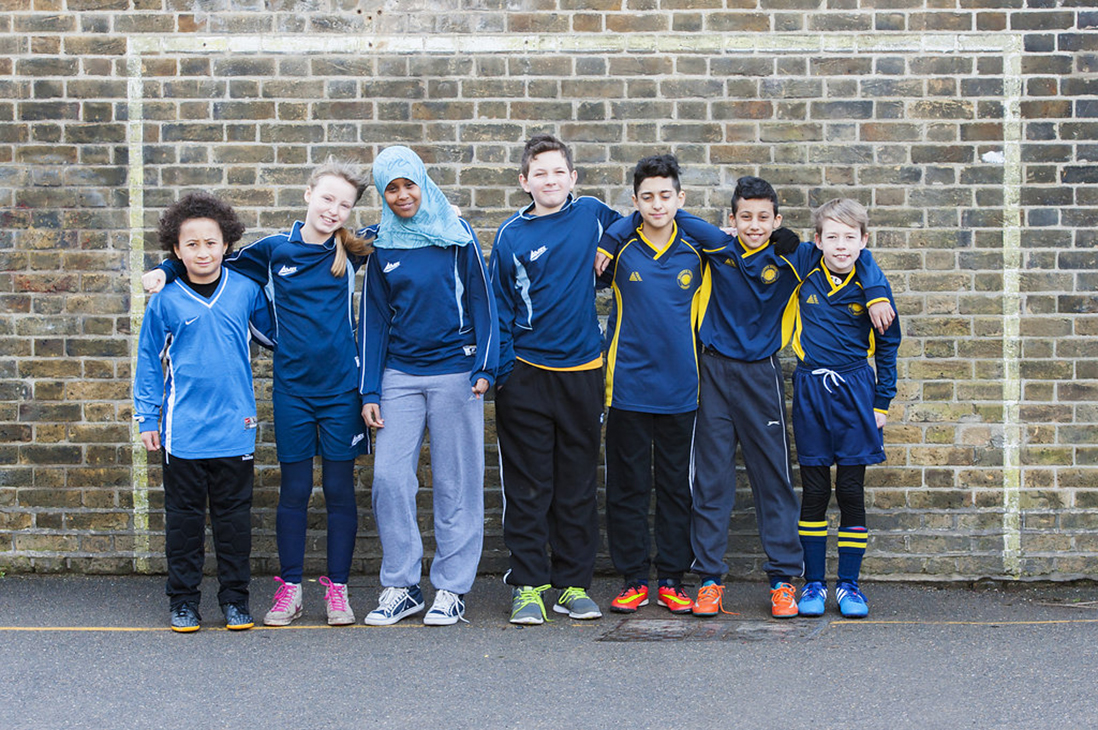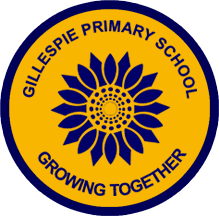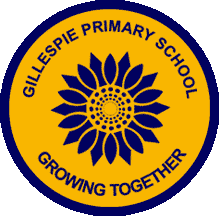

We believe that effective assessment is a continuous process that provides quality information to improve teaching and learning and raise achievement for all pupils.
National tests (Statutory Assessment Tests, SATs) for reading, spelling, grammar & punctuation and maths are carried out during the summer term for pupils in Year 2 (end of Key Stage one) and Year 6 (end of Key Stage two). The tests give each child a summative judgement set against a national expected standard. Parents will be informed whether their child has met the ‘expected level’ or whether they have met the higher ‘greater depth level’ of understanding. In addition teachers assess writing achievement at the end of Year 2 and Year 6 which is moderated within the Local Authority and reported on nationally.
Pupils in Year 1 take a national Phonics Check and pupils in Year 4 take the Multiplication Table Check in the Summer term.
The school implements continuous formative assessment to track the progress of pupils and to inform the planning for their learning and termly summative assessment tasks to enable us to measure progress in reading, writing, maths. Our system of assessment aims to support high quality, in-depth teaching by focusing on curriculum content and the extent to which children have mastered key knowledge and skills. Children are encouraged to take more responsibility for their achievements through opportunities given to reflect on their own progress and through being involved in discussions enabling them to understand what their strengths are and next steps for improvement.
Aims and objectives
The aims and objectives of assessment in our school are:
- to enable our children to demonstrate what they know, understand and can do in their work;
- to help our children understand what they need to do next to improve their work;
- to allow teachers to plan work that accurately reflects the needs of each child;
- to provide regular information for parents that enables them to support their child’s learning;
- to provide school leaders and governors with information that allows them to make judgements about the effectiveness of the school.
Assessment is not a singular activity; it is about measurement of performance at a given point in time and a way of gaining information to promote future learning. We acknowledge that there are two distinct types of assessment used by the school. These include:
- Assessment for learning which helps teachers and pupils identify the next steps needed to make progress. It takes account of pupils’ strengths and areas for improvement and provides pupils and teachers with an insight into the learning that promotes success for all.
- Assessment of learning which more is associated with milestone judgements as to where children are at a specific point in time in relation to both their cohort and nationally.
Assessment of learning shows what children can do without support and holds the school to public account.
We use the following formal assessment procedures to measure outcomes against all schools nationally:
- End of EYFS
- (% of pupils achieving a “Good Level of Development”)
- Phonics Screening Test at the end of Year 1
- (% of pupils achieving the required screening check)
- End of KS1
- (% of pupils achieving expected national standards in reading, grammar, punctuation & spelling and maths)
- (Teacher assessment for writing and science)
- End of Year 4 Multiplication Table Check
- (% of pupils achieving the required screening check)
- End of KS2
- (% of pupils achieving expected national standards in reading, grammar, punctuation & spelling and maths)
- (Teacher assessment for writing and science)
Good assessment practice will:
- Raise standards of attainment
- Actively involve pupils in their own learning; providing effective feedback which promotes progress
- Helps raise pupil self-esteem through a shared understanding of the learning processes and the routes to improvement
- Build on secure teacher knowledge of the diverse linguistic and cultural background of pupils
- Support effective planning within the curriculum
- Enable the teacher to adjust teaching to meet the needs of all pupils
- Track pupil performance and in particular identify those pupils at risk of underachievement
- Provide information which can be used by teachers and managers as they plan for individual pupils and cohorts
- Provide information which can be used by parents or carers to understand their pupils’ strengths, weaknesses and progress
- Provide information which can be used by other interested parties
- Provide information which can be used to evaluate a school’s performance against its own previous attainment over time and against national standards
Types of assessment: |
|
Day to day |
Effective practice at Gillespie includes |
| Sharing learning objectives with pupils | Share learning objectives at the beginning of the lesson and, where appropriate, during the lesson in language that pupils can understand. Use these objectives as the basis for questioning and feedback during and at the end of lessons. Evaluate this feedback in relation to achievement of the learning objectives to inform next stages of planning. |
| Helping pupils to know and recognise the standards they are aiming for | Show pupils’ work which has met criteria, with explanation of why. Give pupils clear success criteria then relate it to the learning objectives. Model what it should look like. For example, exemplify good writing on the board. Ensure that there are clear, shared expectations about the presentation of work. Provide displays of pupils’ work which shows work-in-progress as well as finished product. |
| Involving pupils in peer and self-assessment | Give pupils clear opportunities to talk about what they have learned, and what they have found difficult, using the learning objectives as a focus. Encourage pupils to work/discuss together, focusing on how to improve. Ask pupils to explain the steps in their thinking. ‘How did you get that answer?’ for example. Give time for pupils to reflect on their learning. Identify with pupils the next steps in learning. |
| Providing feedback which leads to pupils recognising their next steps and how to take them | Value oral as well as written feedback. Ensure feedback is constructive rather than positive, identifying what the pupils has done well, what needs to be done to improve and how to do it. Identify next steps for individuals and groups as appropriate. |
| Promoting confidence that every pupil can improve | Identify small steps to enable pupils to see their progress, thus building confidence and self-esteem. Encourage pupils to explain their thinking and reasoning within a secure classroom ethos. |
| Involving both teacher and pupil in reviewing and reflecting on assessment information | Reflect with pupils on their work, e.g. through a storyboard of steps taken during an investigation. Choose appropriate tasks to provide quality assessment information (emphasis on process, not just the correct answer). Provide time for pupils to reflect on what they have learned and understood, and to identify where they still have difficulties. Adjust planning; evaluate effectiveness of task, resources, etc. as a result of assessment. |
Termly Strategies: |
|
Termly |
Effective practice at Gillespie includes |
| Ongoing | Teacher’s conference with pupils to review progress in learning; maths and English. Particular strengths and areas for development are discussed and new ‘next steps for learning’ targets agreed. Targets are focused and are shared with parents. |
| Monitoring of books & classrooms | Senior leadership team and middle leaders review progress, coverage and marking and feedback in books and monitor the classroom environments. Strengths and areas for improvement are identified and shared with staff. Subject leaders monitor books quality assuring strengths and areas for improvement. |
| Moderation across year groups | Time for regular moderation of work in Maths and English; Years 1 & 2, Years 3 & 4 and Years 5 & 6 to ensure accuracy of judgments. Time for EYFS/KS1 staff to moderate progress. |
| Assessment & testing | Timetabled assessment weeks. Assessment materials and other resources are used to gain a termly summative view of pupil attainment which is then used to inform and confirm judgments made by teachers following on from the continuous gathering of the above evidence. |
| Pupil Progress meetings | Time provided for senior leaders, teachers and SENCO to review progress of learning. To identify groups of pupils making expected and exceeding progress. To identify any groups/pupils underachieving. Use data to inform teaching and learning. Review the provision map for pupils.
Assessment in the Foundation Stage THE EARLY YEARS FOUNDATION STAGEIn our Nursery & Reception class we are guided by the Early Years Foundation Stage (EYFS) Framework. This sets out the standards to keep your child safe and promote their welfare, the areas of learning and development which underpin your child’s play and activities and how your child’s progress will be assessed. Children in the EYFS learn by playing and exploring, being active, and through creative and critical thinking which takes place both indoors and outside. Your child will be learning skills, acquiring new knowledge and demonstrating their understanding through 7 areas of learning and development. Children should mostly develop the 3 prime areas first. These are most essential for your child’s healthy development and future learning:
As your child grows, the prime areas will help them to develop skills in 4 specific areas. These are:
During their time in the EYFS, we observe how your child is learning and developing and we assess their progress. We use this information to plan activities to support and meet your child’s needs and interests. At the end of the Early Years Foundation Stage, we carry out a statutory assessment, known as the EYFS Profile, across the 7 areas of learning, assessing your child against the expected levels that your child should reach at age 5. These expectations are called the Early Learning Goals. Children are defined as having reached a ‘Good Level of Development’ if they have achieved at least the expected level in the Prime areas of learning (Personal, social and Emotional Development; Physical Development and Communication and Language) and in the Specific areas of Mathematics and Literacy. This assessment gives our school information about each individual child’s progress and also provides us data for the whole class, so we can compare them to Islington Schools and to schools nationally. Most importantly, it informs your child’s Year 1 teacher about their needs so that they can carefully plan for their learning. |
| Parent evenings | Meetings with parents/carers to share progress and what pupils do well and what they need to do better. |
| Annual report to parents | End of year reports summarise the achievements for pupils during the year. Parents are invited to respond to comments. |


